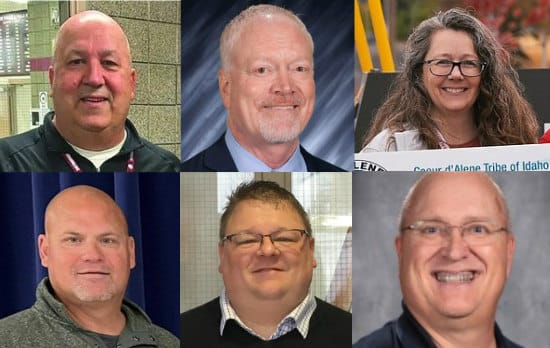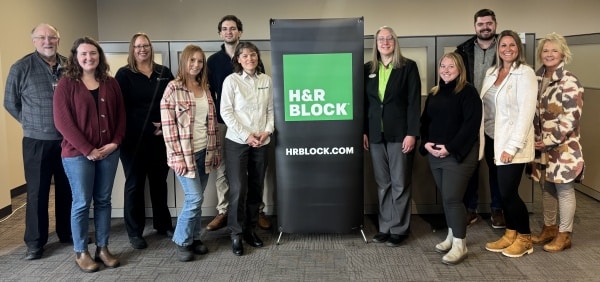The Polk County Commissioners reviewed the proposed final levy and 2021 budget totals during their meeting on Tuesday afternoon before holding the 2021 public budget hearing. The budget totals $60,093,808.
The County Commissioners set a goal to achieve a final levy under three percent when they set the preliminary levy at 4.938 percent in September. Polk County Administrator Chuck Whiting said the final levy would meet that goal. “We have a 2.88 percent levy increase for the county,” said Whiting. “That’s an even $25 million. It’s a $60 million budget (the levy) is 42 percent of the revenue. The budget hearing tonight is for county residents to ask questions about the budget. It’s a very conservative budget for next year. Much of that is due to the pandemic—no great initiatives. We are hoping to retain some of the CARES money we got from the state to cover the costs that we had in 2020. Using those funds instead of our own funds, we may be helping our own fund balances going into next year. It’s a pretty conservative budget, and given the circumstances, that seemed appropriate.”
While Whiting was hopeful the fund balances would increase because of the CARES Act funding, it’s also worth noting a fairly significant amount from reserves were needed to balance the 2021 budget and keep the impact of the final levy below three percent. “We’re using about $1.4 million worth of existing money to help keep that levy down,” said Whiting. “We’re concerned about the impacts of the pandemic on taxpayers and their ability to pay taxes, maintain their homes and properties, and so forth. It will be such a blessing to have this thing behind us, but for now, this is what we’re going to do.”
One of the bigger projects the county has been working on, financial software to update its accounting protocols, isn’t included in the budget. Nor are some of the highway projects planned for 2021, but Whiting said those would be needs that return although no further major cuts had been made. “There wasn’t really,” said Whiting. “We kind of made it fit. Those things don’t go away, they’ll probably come back at, but at least as far as today and next week when we do final approval of the budget, they are not in the budget.”
One highway project that’s not being postponed is the Fisher Avenue reconstruction in Crookston. That project is expected to go out for bid within the next few days, with the project bid letting on January 22 and the board awarding the project on January 26.
COVID-19 UPDATE
Polk County Public Health (PCPH) Director Sarah Reese also provided the board with an update on COVID-19 in the county. Reese said she was cautiously optimistic that the pandemic had plateaued. “I was happy to report today that our overall number of total cases continues to go down,” said Reese. “Just this last week, it was 250 cases. While that is still a high number, I’m optimistically hopeful that the total number of cases will continue to go down. Also, a huge moment in history, to get the SARS-COV-2, the COVID-19 vaccine, is now being rolled out across the world. And soon into Minnesota and our area. So, excited to report about that scientific advancement.”
The Commissioners also approved a contract for PCPH with the Crookston Inn under Minnesota’s isolation and quarantine law for 2021. Reese said it’s public health’s responsibility to provide essential services to residents unable to return home during a pandemic. “Statutorily local public health is responsible to provide or coordinate essential services for an individual who is isolation or quarantine,” said Reese. “Things that need like basic human needs during that time. One of the expectations is around sheltering. Of course, food, sheltering, medication, all of those things fit into that category. And should someone not be able to return to their home environment, we have to have other options available, whether for one person or multiple people. Following that, of course, is keeping privacy, but also ensuring a safe environment, so we want to make sure we have options available for our residents should they need that. Some people can’t return home because they have someone who is chronically ill at home, and it’s not safe for them to be exposed. We want to make sure we have options for people to safely get better when hospital-level care is not necessary.”




